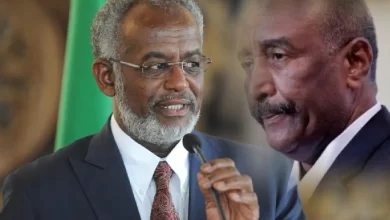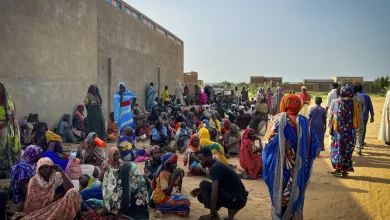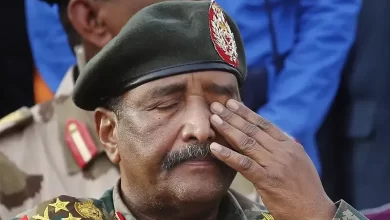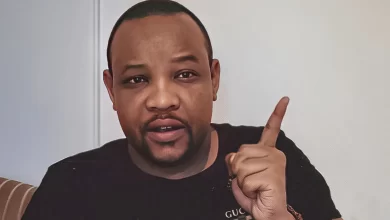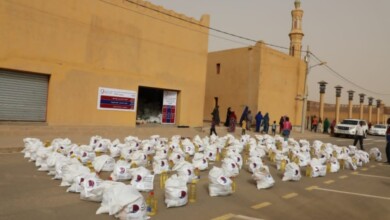War crimes in Sudan between the complicity of local organizations
and selective international condemnations!
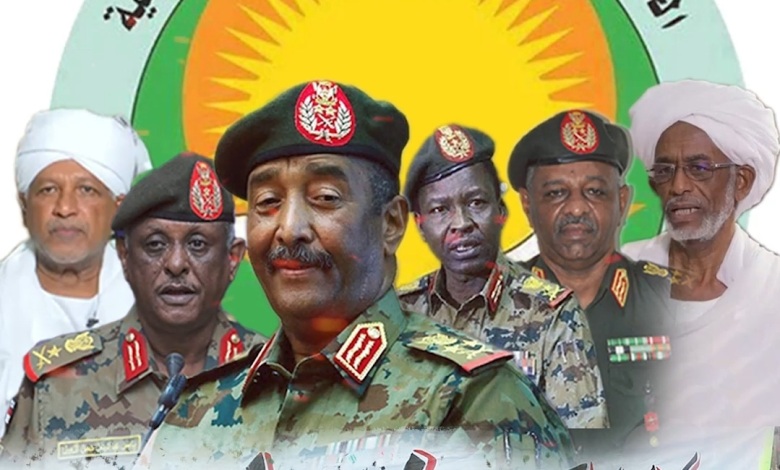
120 humanitarian volunteers executed by Islamist Brigades
Report: Sudan Gate
An Introduction
The ongoing war in Sudan has created severe and widespread humanitarian crises, as residents of war-affected areas can no longer meet their basic needs, especially securing meals. Under these circumstances, youth community initiatives have emerged, represented by the establishment of places within residential neighborhoods known as “Tekayas”, the singular of which is “Tekia”, a Sufi word dating back to the Ottoman era, referring to specific places designated for rest, worship, and providing free food to visitors.
These Sudanese Tekayas, run by young volunteers, have played an important role in alleviating the suffering of those affected by the war. They were deployed in many areas, including “Al-Halfaya” area, north of Khartoum (Bahri), where volunteers were doing their humanitarian work to the fullest until the area was stormed on Monday, September 30th, by (Special Forces) from the Operations Authority and Al-Baraa Ibn Malik Brigade, both are militias affiliated with the Sudanese Islamic Movement, they wear Army uniforms and fight alongside the Army as well.
According to several sources, and surveys we conducted that matched the testimony of activist “Mohamed Khalifa” on his widely followed “Facebook” page, these forces committed a heinous crime by executing (120) young men on the spot. The majority of the victims were volunteers in the Takayas, as they were shot in a public square, while others were killed inside the Takayas.
Reports and information indicate that these volunteers were accused of cooperating with the Rapid Support Forces, which had controlled the area since the beginning of the war, before withdrawing last Sunday. Although the volunteers’ work was purely humanitarian, providing food to those affected without political or military discrimination, they were brutally killed without trial or opportunity to defend themselves.
The Organizations’ Silence and the Tragedy of Volunteers
There has been no response from local civil society organizations working in the field of monitoring human rights regarding this heinous crime, which, despite its strangeness and contradiction with the principles and ethics of work in this field, has become normal in light of the bias of the majority of workers in these organizations towards the Army.
This collusion and bias take various forms; for ethnic reasons, for example, and some of which are the result of the former regime’s sabotage of political and civil work, as well as due to the climate of intimidation that returned with the return of the notorious Security Service to work after the war broke out, targeting local civil society activists.
The crime was widely condemned on social media platforms, especially after the emergence of photos and video clips documenting the entire heinous crime, which included the voices of the perpetrators and photos of some of them. The crime was widely condemned as a war crime that requires international investigation and accountability.
Thus far -time of writing- no official statements have been issued by the Army regarding the incident. We tried to contact the official Army spokesman, who listened to our question, then made excuses for the poor connection, before later turning off his phone.
The Impact of the Crime on Humanitarian Work
The young people who lost their lives in this heinous crime volunteered of their own free will to serve the community and help those affected by the ravages of war. Most of them, if not all, come from modest social and financial backgrounds, and some of them are from ethnic groups that originate in western Sudan, the areas from which most members of the Rapid Support Forces come.
It is likely that the ethnic factor may have played a role in their elimination, as the Army has begun to specifically target citizens of these areas, to the point that all Sudanese citizens who originate from western Sudan have been placed on travel ban lists and are prevented from obtaining passports, with the exception of those proven to work for the Army or belong to the Sudanese Islamic Movement.
There is no doubt that this crime will have a profound impact on the local community in Al-Halfaya area, which relied on these young people to provide food, drink, and sometimes medicine. Its impact may even extend to all places where civilians are present in war zones in general, as various (Takayas) may stop carrying out their community initiatives to serve the needy for fear of such incidents.
This will further exacerbate the humanitarian situation, especially in light of the country being classified as experiencing a state of severe famine according to reports by prestigious international humanitarian organizations.
Brutal Crimes and Selective International Condemnations
This brutal war, whose main feature has become the mutual violations between both parties to the conflict (the Army and the Rapid Support Forces) against civilians, has revealed the world’s lack of principle in regards to these violations in Sudan. It has also exposed the double standards and selective condemnations of a political, not moral, nature.
While the world rushes to condemn the violations of the Rapid Support Forces, which are crimes that deserve condemnation, this same world turns a blind eye to the crimes and violations committed by the Army and the Islamist battalions, which included horrific violations such as the rape incidents in Omdurman, that were documented in the British newspaper (The Guardian), and the horrific killings and executions by beheading as well as mutilation of corpses in Al-Jazeera state, along with other violations in addition to terrorizing, looting, arresting and torturing citizens.
This leniency towards the crimes of the Army gave the criminals and terrorists the wrong signal, and allowed them to escape punishment, which in turn contributed to the escalation of violence, and led to the recurrence of cycles of brutal repression that reached the point of executing (120) innocent young men by firing squad without giving them the right to defend themselves or stand before any form of trial.
In Conclusion
This heinous crime, and other heinous crimes committed by the warring parties against civilians, prove the urgent need for concerted international efforts to end this brutal war, and find peaceful political solutions that lead to its cessation and pave the way for a democratic transformation and peaceful transfer of power, in a way that preserves human lives and achieves sustainable peace.

